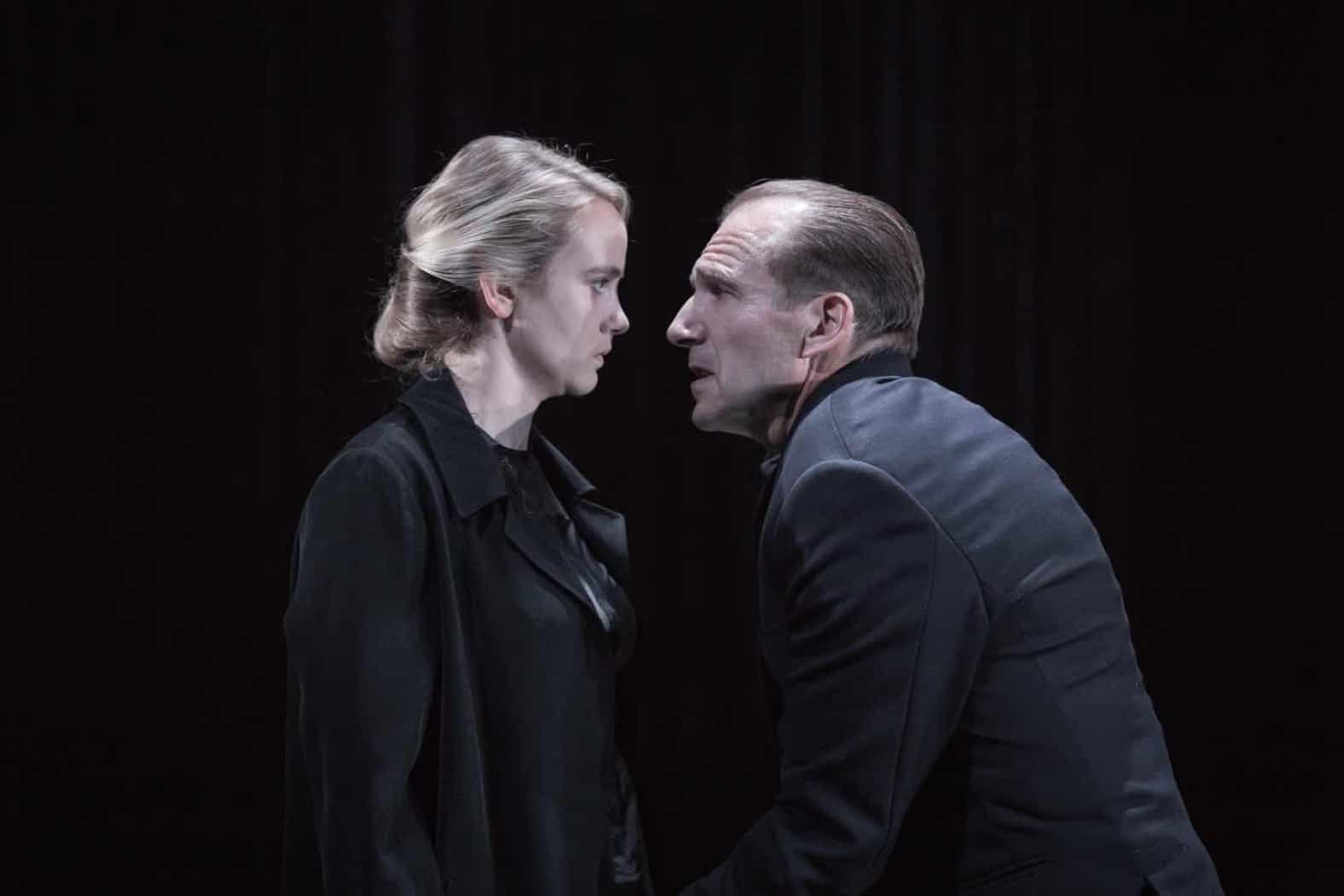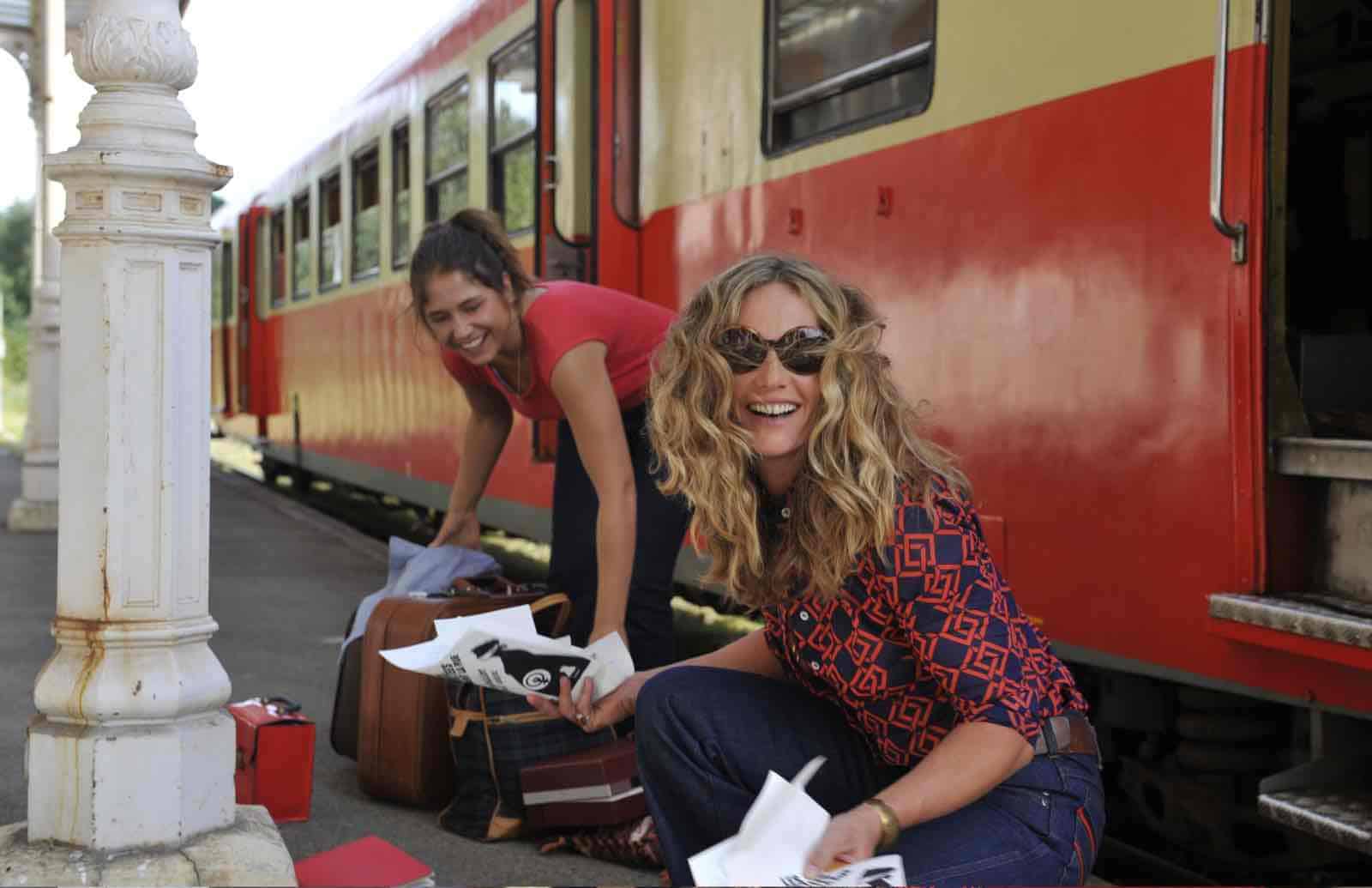Laura Anne Harris talks to David Farrier about using humour and reenactments in documentaries, developing the film’s aesthetic, and homophobia. Read our book about modern documentary cinema, In their own words: Documentary masters.
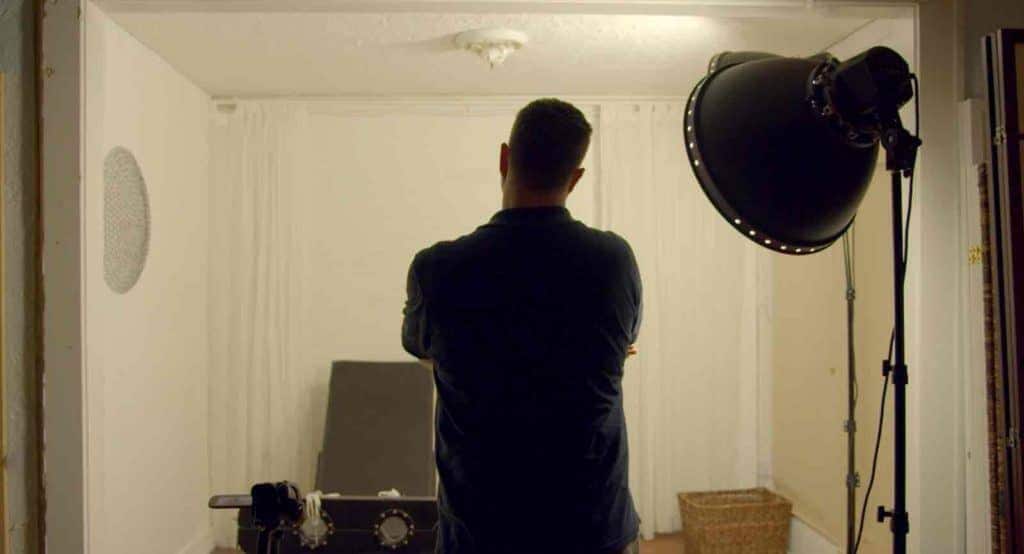
Tickled, a surprising expose of a competitive tickling league in the US, begins lightheartedly but quickly turns dark and troubling. This film emphasizes that people can leverage their anonymity on the internet in a way that can have crippling effects on average people who are just looking to make some money to support themselves. The film reveals the leader of the tickling league would start harassing participants online who wanted to leave the group. The film serves as a cautionary tale in our current internet age.
At HotDocs, I sat down for an in-depth conversation with co-director and journalist David Farrier to talk about his first feature documentary.
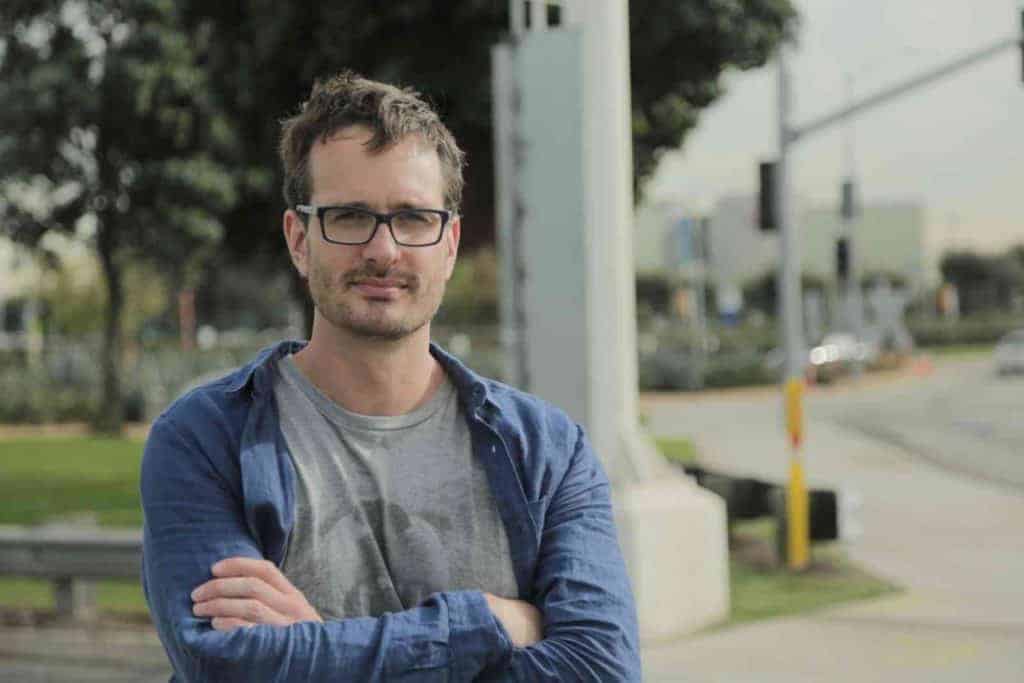
Seventh Row (7R): What has been the overall audience response so far?
David Farrier: Generally, people seem to be enjoying it. What people take as enjoyable, what’s funny, and what’s serious varies dramatically. There are certain scenes [when we’ve shown] it in New Zealand, or the United States, or Canada — there’s laughs at different times. I think people take different things from different moments. Lots of people find [things] funny that are not funny. Or nervous laughter, or [the reactions] are quite unusual.
7R: How did you decide to use humour as a tool in your film?
DF: I’ve always enjoyed films that utilized humour. Michael Moore is your go to guy, I really enjoy his use of humour. Some people think if you’ve got humour in a documentary, it’s not serious, and you can’t take it seriously. But I think it’s the opposite: Humour is this great way to get the information across. You [have] someone in the cinema for 90 minutes. Eventually, they’re just going to tune out. Humour snaps you back into the room. It’s physical. Laughing wakes you up. I think it’s [an] important tool. It makes the darker bits hit harder. If this whole film were this somber very depressing mess, it would lose some of its power.
[quote type = center]Humour is this great way to get the information across. [/quote]
7R: There are a lot of slow motion sequences that change the pacing of the film in different ways. Why did you use slow motion?
DF: That was a discussion between myself and Don Fry our DP, and Cathy our producer. We wanted to get across, in our slow-mo moments, internal moments of reflection. Those moments were used for humour. The scene where someone is being tickled, Dan shot that in super slow-mo, [and] it’s funny, because of the reactions you get [from] people. But at the same time, we wanted to take you into the head of someone who loves tickling —the way they see it as this all encompassing and amazing [experience.]
7R: I liked that you sparingly used reenactments. What do you think they added to the film?
DF: I have huge problems with reenactments. Ideally, in a documentary, everything is happening for the first time. There’s a lot of interviews and people talking. The best way to break it up [is with] images. The audience is sick of looking at talking heads.
[quote type = center]I liked how we got to mess up Don’s beautiful shots with some of my shitty terrible [shots].[/quote]
The important thing about reenactments, for me, is to keep them quite simple and subtle —not to show too much detail. We try to keep things very [darkly lit] to make it obvious that it was a reenactment, that we’re not saying this is what [happened].
Each of those reenactments were really important parts of the storyline. There’s this moment where two [FBI] agents are walking down the corridor to knock at a student’s door. It’s shown how important it is by these visual images in front of you. The way they did reenactments in The Jinx was a dream, beautiful. That motivated some of our reenactments.
7R: Did you gain any inspiration from other films or directors about how to make an investigative documentary?
DF: All of us had very different reference points for films, but Dear Zachary had a big influence on me – this idea of information unraveling right in front of you and feeling like you’re part of it. It’s so powerful. The Impostors because Don uses [this] as a visual – really beautiful reenactments and storytelling. And also Capturing the Friedmans: it’s this idea of giving the audience information in a way that they are on the journey with you, and they’re engaged.
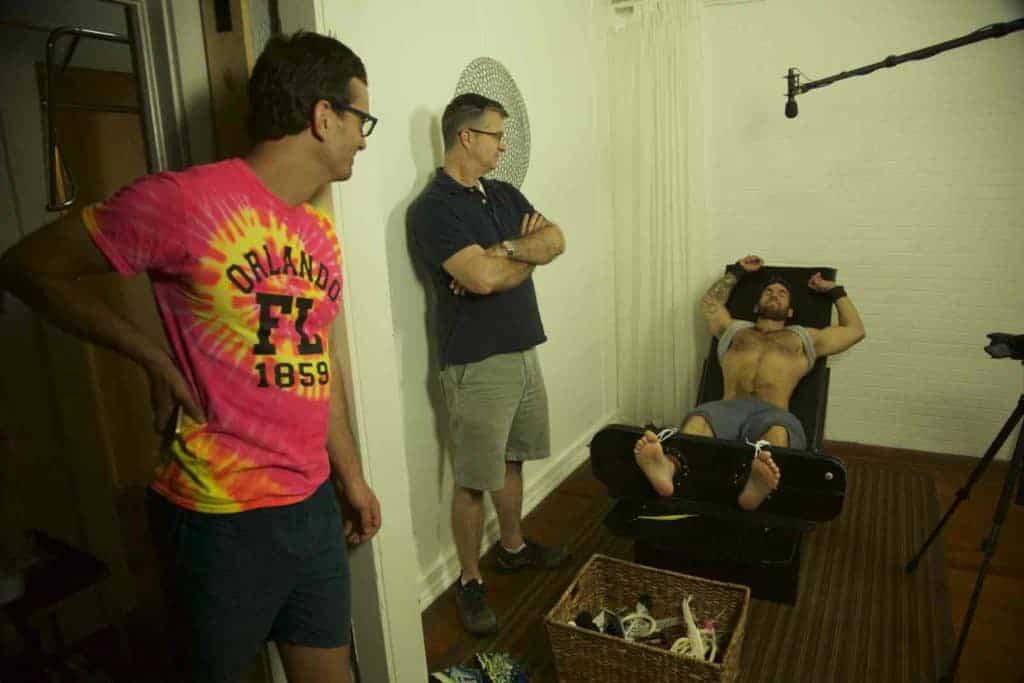
7R: Did you ever feel uneasy about being the subject of your own film?
DF: The point of putting me in was intertwined into the story a lot. It’s like a conduit for the audience’s emotions. As I’m discovering things, the audience is discovering with me. It’s good to have a person the audience can identify with instead of my voice just narrating. We made the decision early on to have Dylan [the co-director] on camera, as well, and I could talk to him instead of me turning to the camera. I could just chat with Dylan, [which] was a godsend.
[quote type = center]Ideally, in a documentary, everything is happening for the first time.[/quote]
7R: The shots were very inventive. You put a camera in a coffee cup. We see you on a stakeout in your van. Were those shots on the fly?
DF: Yeah, it was. The cinematographer Dan Fry’s eye for stuff is incredible. He was seeing those moments and getting those shots. When we’re in that stakeout for a few moments, we were holding cameras onto ourselves. It kind of reminded viewers of this real thing that’s happening. I’ll take credit for the coffee cup cam, because that was purely me. I liked how we got to mess up Don’s beautiful shots with some of my shitty terrible [shots].
There were a lot of discussions with Simon, our editor, on how to cut that, and I think he nailed it. Is that going to linger on that [crotch] shot forever? Oh yes, it is.
7R: Did the homophobic language you documented in the film open your eyes on homophobia in the US?
DF: New Zealand is pretty [open]. They have civil unions. Gay marriage is all good. We’re pretty liberal. There are patches of New Zealand where someone will still yell out, “Faggot,” if there’s a gay couple walking down the road. That terrible shit still exists.
America is to the extreme. You’ve got New York and Los Angeles, which are generally pretty liberal, but then in middle America, being gay is still this terrible thing. People get beaten up and killed for it, and you forget about that. A lot of the bullying [in the film] was someone using that power against someone to really turn it on them. It shouldn’t be like that. You should be able to call someone gay and everyone around them should be like, “Who gives a shit?” But we live in a world, especially in certain parts of North America, where that’s a nightmare.
7R: The bully targeted the weak or people who needed money. These are all signs of a psychopath, yet the blackmail is full of lies. But the victims couldn’t afford a lawyer to sue for libel. It’s despicable.
DF: Fairly frustrating, right? It’s annoying on a very deep level. There’s examples of this everywhere. Tickled takes it to that extreme level [of] wealth versus non-wealth. There’s a real problem there.
